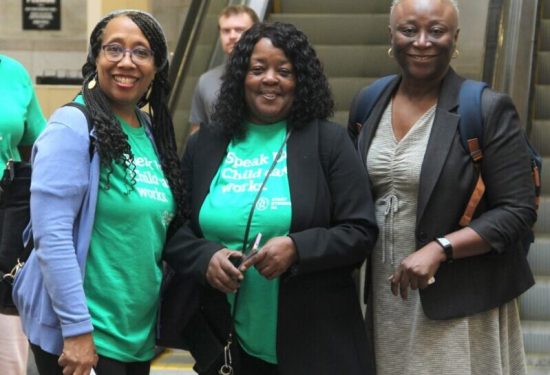COVID-19 Impact
A NAEYC survey in April 2020 reported that 82% of child care programs were completely closed in New Jersey, with another 11% open only for children of essential workers. Of providers who are still open, 75% were operating at less than 25% capacity.
Emergency Fund
Programs for Parents launched a COVID-19 emergency fund to support the 180 registered family child care providers and 120 family, friend, and neighbor providers in Essex County, the largest county in the state of New Jersey. The goal of the fund is to address the immediate needs of home base providers to ensure that they can adequately reopen or continue to provide safe and healthy child care services to children. Ultimately, the fund will help to maintain the supply of home-based child care, ensure access to child care for essential workers, and to stabilize the economic status of home-based caregivers and providers in Essex County.




